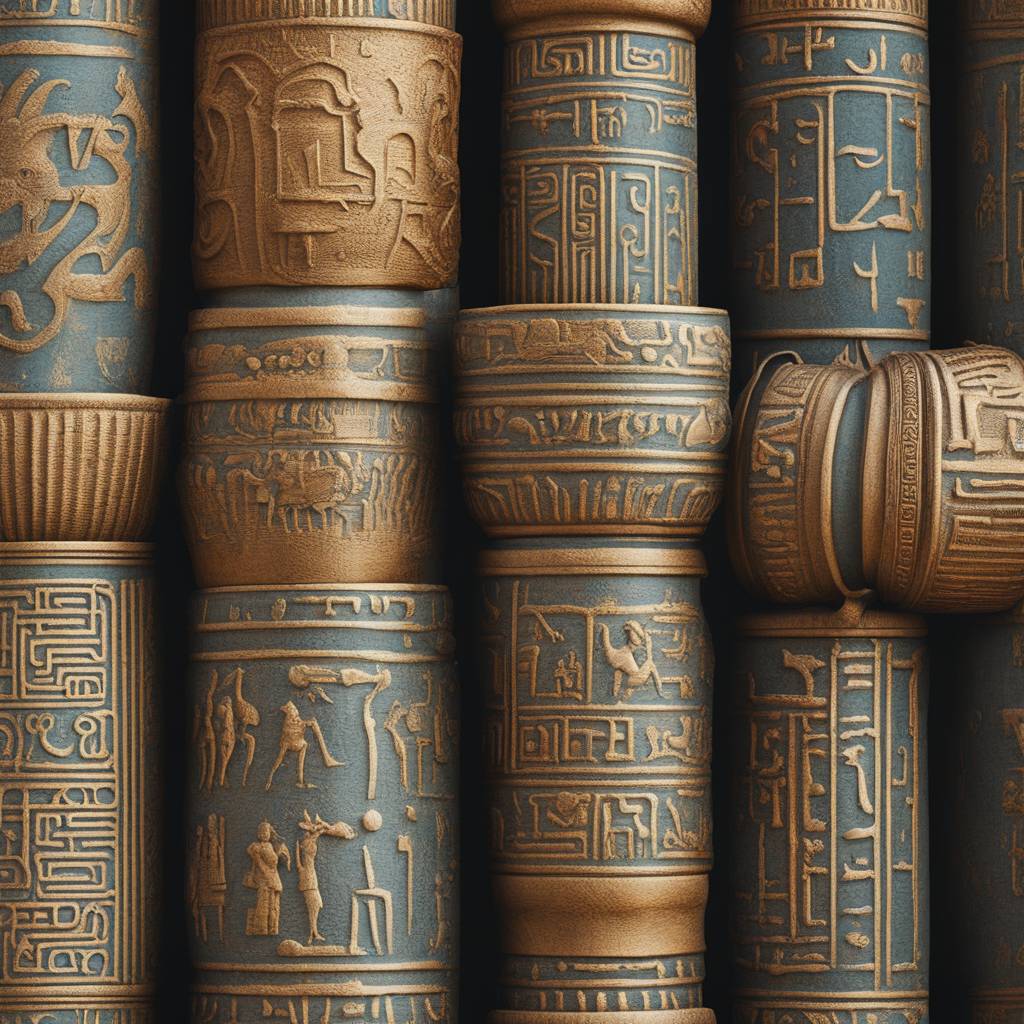The endangered language of Romeyka, a millennia-old variety of Greek spoken in Turkey’s Trabzon region, is being preserved through a new data crowdsourcing platform led by Professor Ioanna Sitaridou from the University of Cambridge. Romeyka, considered a linguistic goldmine, has only a couple of thousand native speakers left, making it imperative to take action to revitalize and promote the language. The recently launched trilingual Crowdsourcing Romeyka platform invites members of the public to upload audio recordings of Romeyka being spoken, aiding in the documentation and preservation efforts.
The initiative supports the UN’s International Decade of Indigenous Languages (2022-32) and aims to draw global attention to the critical situation of indigenous languages, mobilizing resources for their preservation. Romeyka, which lacks a writing system and has been transmitted orally, faces challenges such as language shift to Turkish, lack of intergenerational transmission mechanisms, and migration. Speakers of Romeyka are predominantly elderly, and efforts are needed to engage younger generations in learning and preserving the language.
Professor Sitaridou’s groundbreaking research on Romeyka has uncovered significant findings, including the language’s descent from Hellenistic Greek rather than Medieval Greek, challenging the conventional understanding of the language’s origins. By utilizing speech crowdsourcing as a tool to build a repository of spoken data, researchers can document endangered languages like Romeyka while empowering speakers to appreciate their linguistic heritage. The project aims to create a lasting legacy of the language and foster recognition of the speakers’ identity outside their community.
In addition to showcasing major new findings on Romeyka’s development and grammar, Sitaridou is unveiling her research at an exhibition in Greece. The exhibition highlights the historical context of Romeyka and the Greek presence in the Black Sea region, tracing the language’s evolution and the impact of Christianization and Islamization on its survival. By engaging with local communities and uncovering grammatical variations, Sitaridou aims to shed light on the cultural significance of Romeyka and raise awareness of its preservation.
Preservation efforts for heritage languages like Romeyka are crucial for maintaining social cohesion and supporting diverse linguistic identities. Through research and education initiatives, Sitaridou is working to enhance attitudes towards heritage languages, such as Pontic Greek, and raise awareness of the importance of language preservation. By documenting and analyzing critically endangered languages like Sri Lanka Portuguese, Sitaridou is contributing to efforts to preserve cultural heritage and linguistic diversity among Afrodescendant communities.
The Romeyka exhibition at the MOHA Research Centre in Kavala, Greece, showcases archival and visual material from historical fieldwork, offering insights into the Greek-speaking communities in the Black Sea region. By exploring endangered heritages, collective memory, and shared identities, the exhibition aims to foster reflections on multilingualism, intergenerational stories of co-existence, and alternative modalities of being and belonging. Through projects like these, Prof. Sitaridou is contributing to the preservation and revitalization of endangered languages and promoting a greater appreciation for linguistic diversity.













